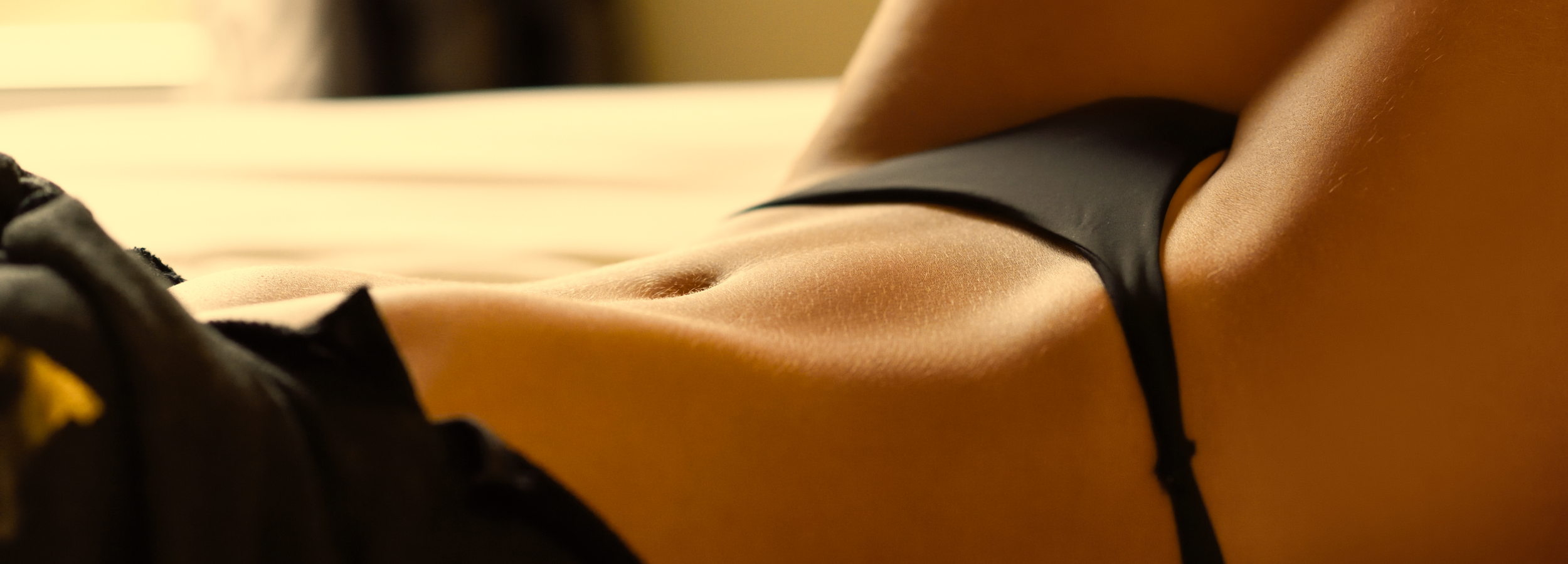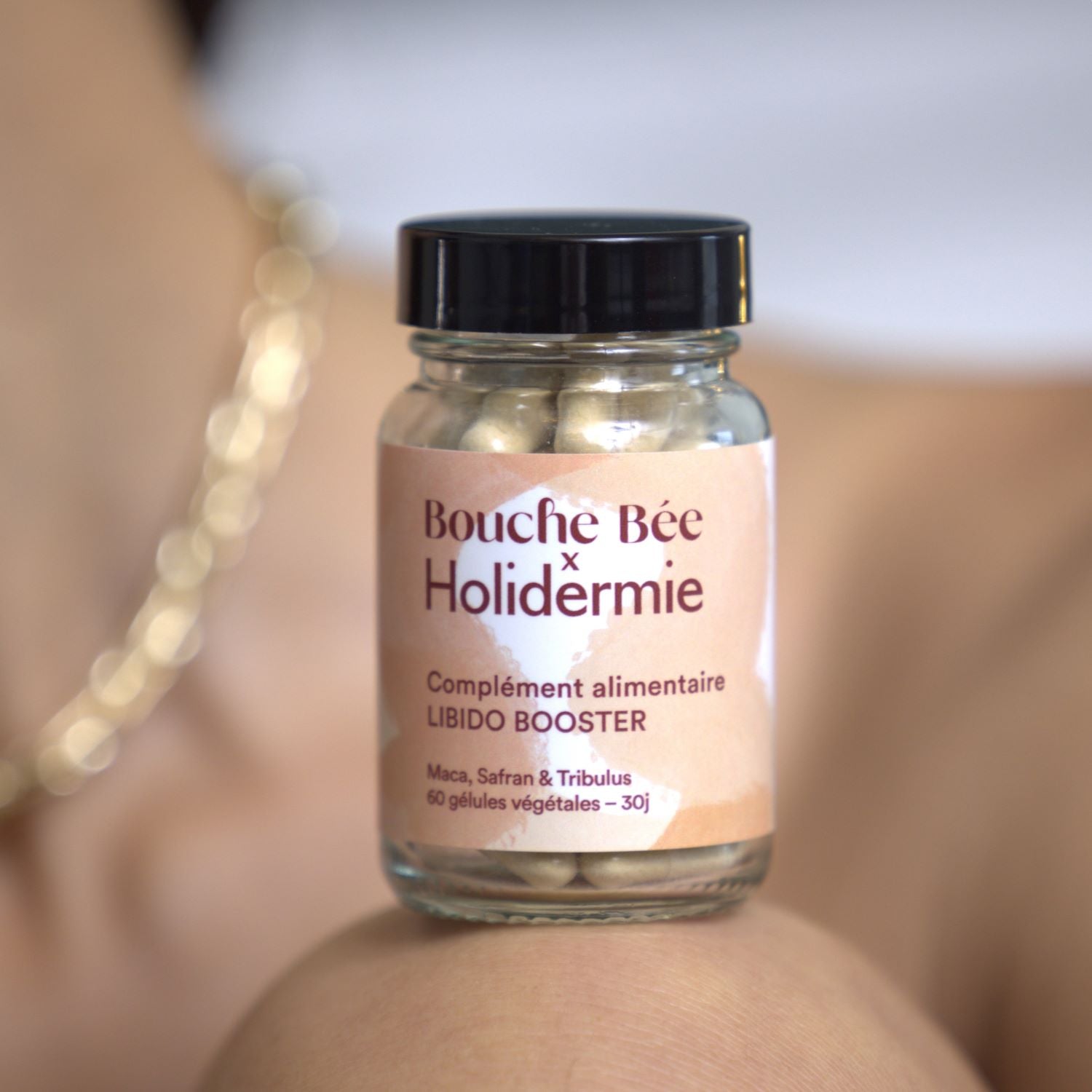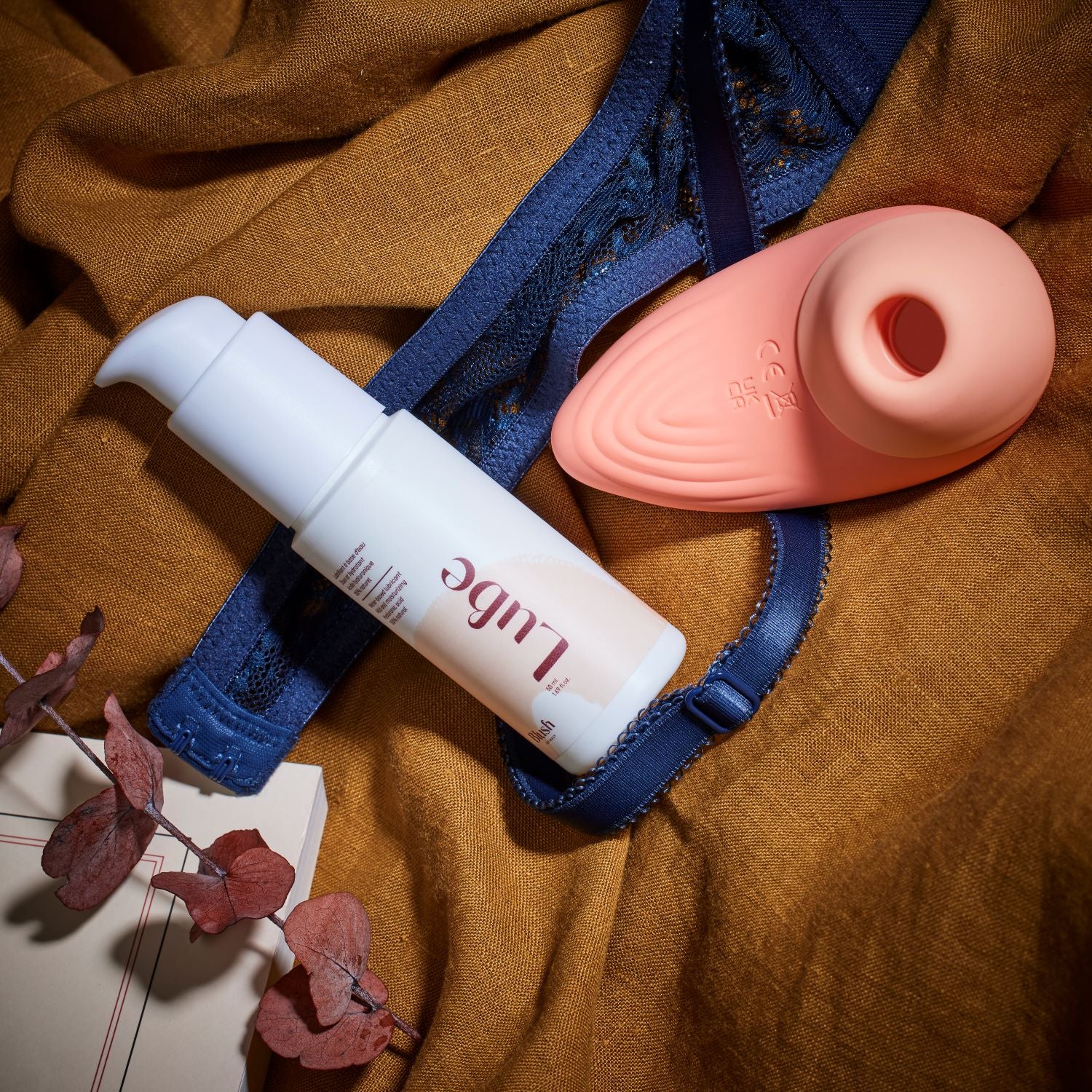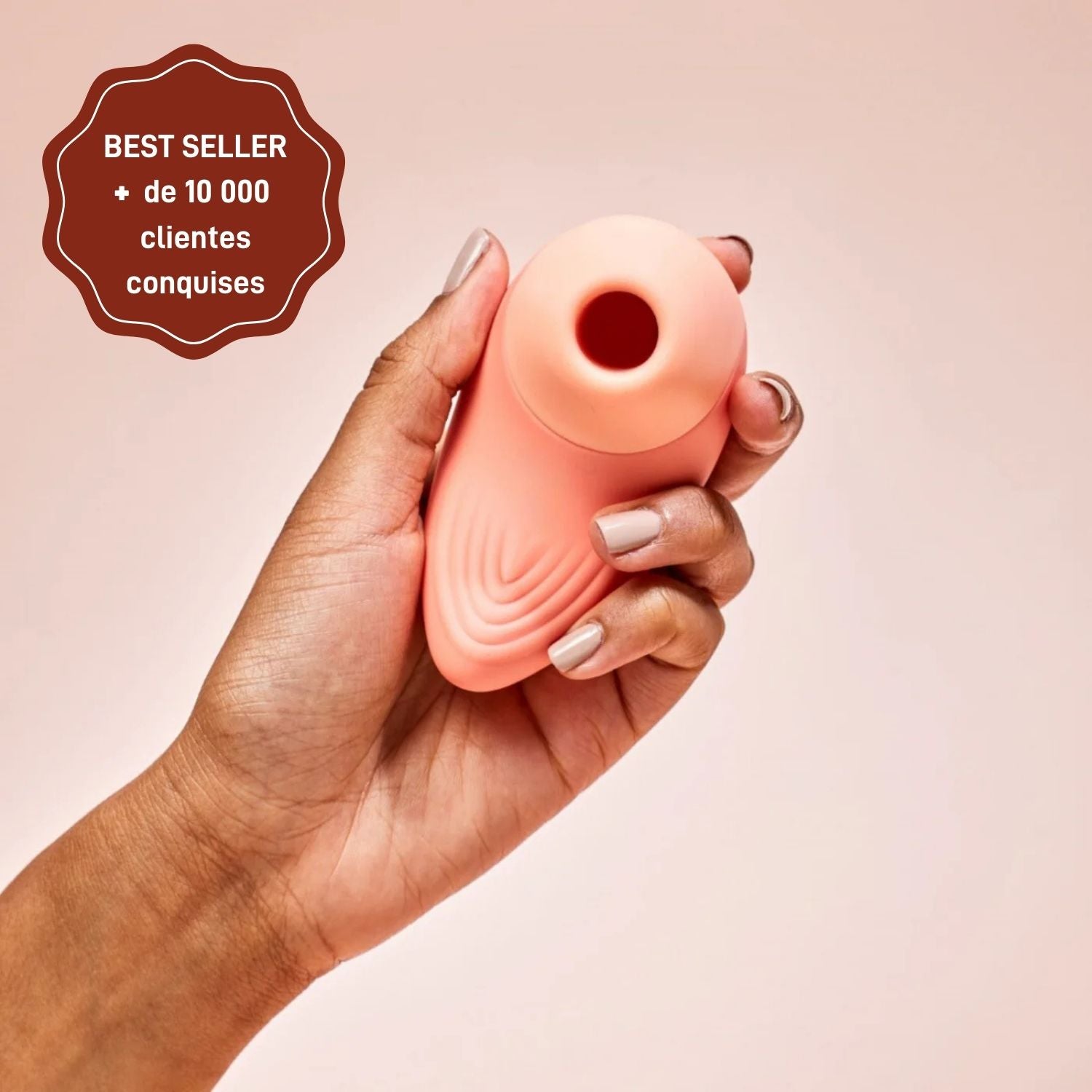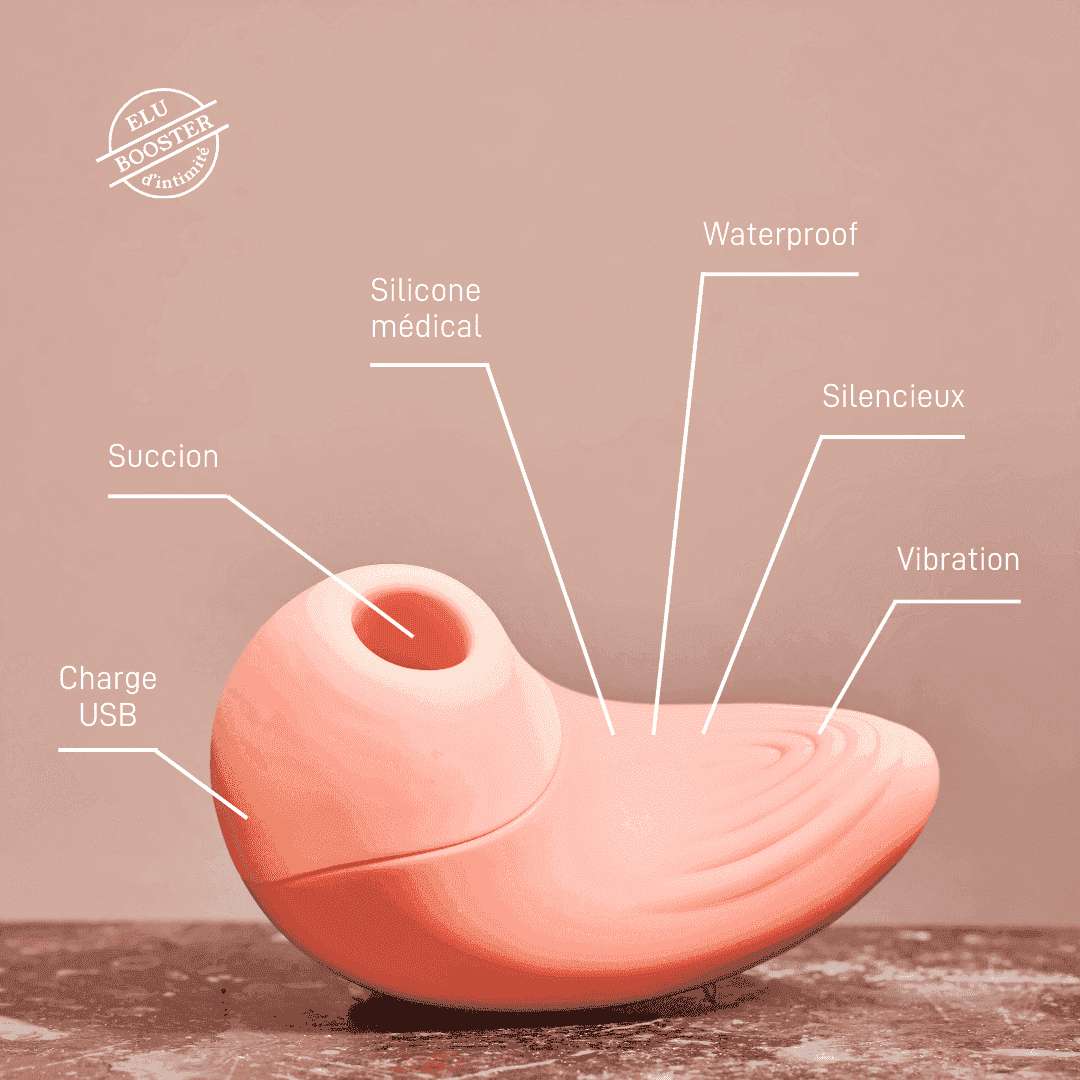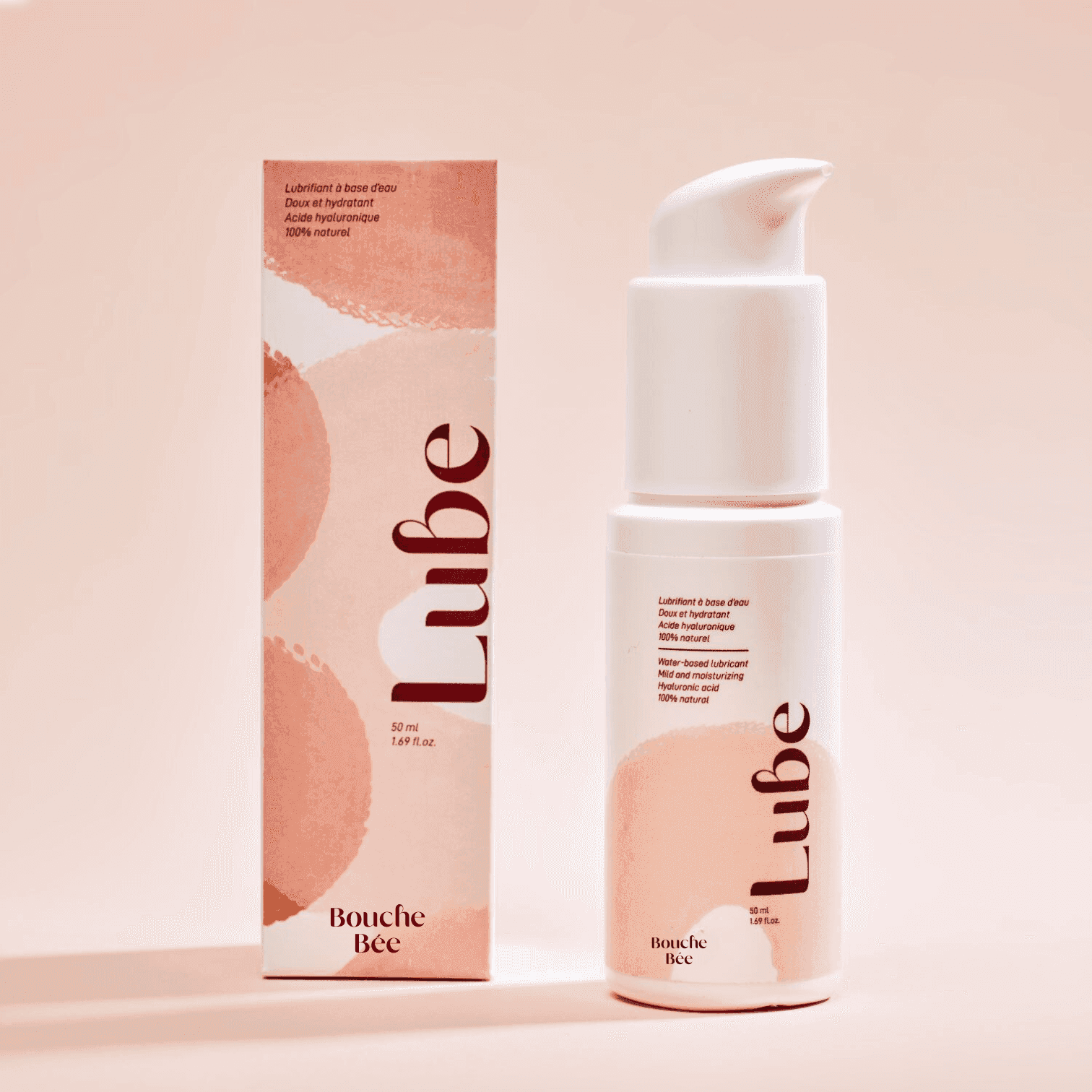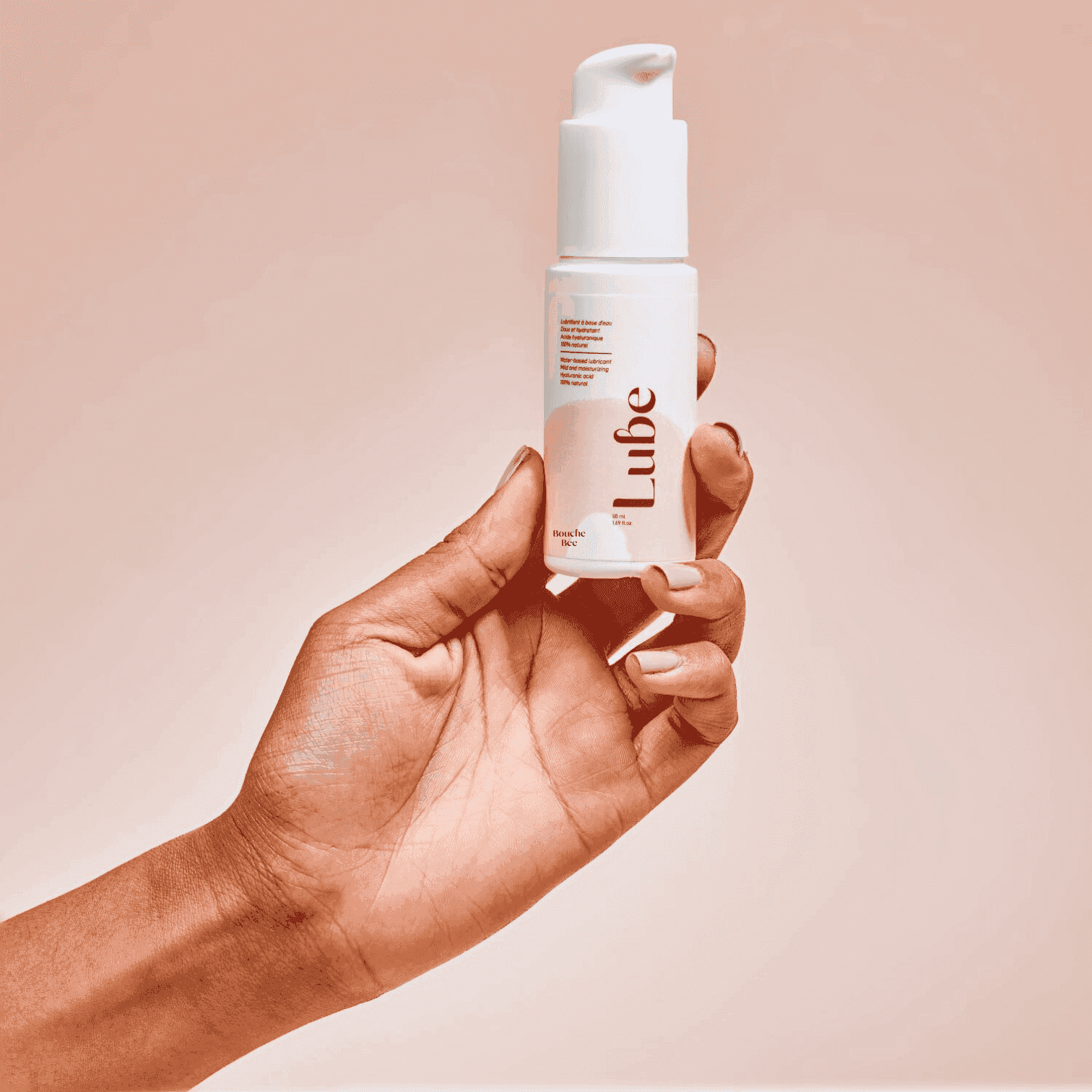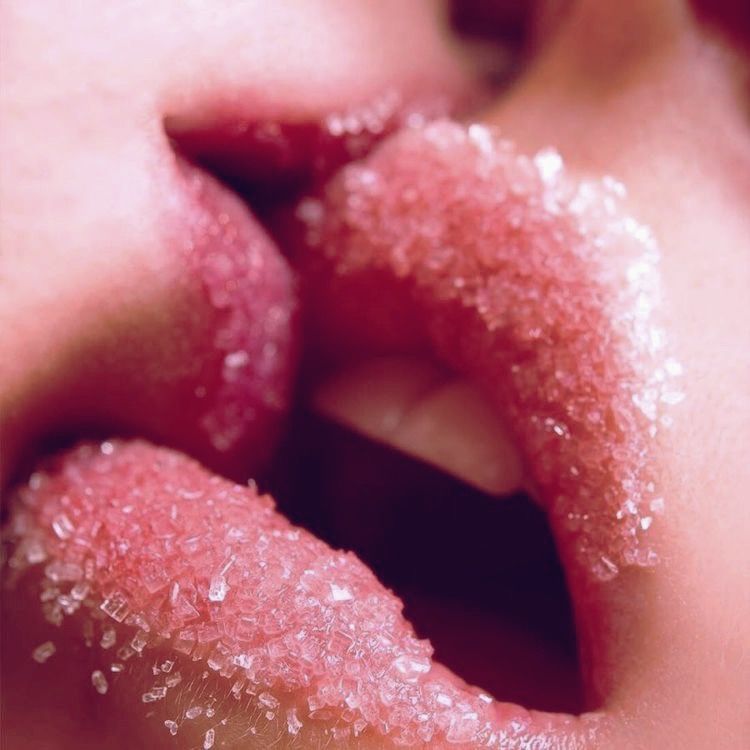L'influence du cycle menstruel sur la libido
Le désir sexuel est multi-factoriel c’est- à-dire qu’il est influencé par une multitude de raisons, une partie des ces raisons est hormonale, une autre dépend de l’environnement et de l’hygiène de vie (fatigue, stress, l’état d’esprit dans lequel on se trouve…tous ces facteurs ont un impact direct sur la libido).
Les hormones se répercutent sur la libido de manière naturelle. En effet, leur objectif est de préparer le corps à procréer. Comprendre les variations du désir sexuel aide à mieux communiquer avec son/ sa partenaire et permet de briser l’injonction sur une libido qui se doit d’être toujours au top.
L'impact des hormones sur la sexualité
Il y a trois hormones principales au cours de notre cycle menstruel: les oestrogènes, la testostérone et la progestérone. Chacune ont un rôle particulier.
Les oestrogènes interviennent sur la glaire cervicale (communément appelé les “pertes blanches”), sur la texture et la température du col de l’utérus mais également sur le rétablissement de la muqueuse utérine ou endomètre si vous préférez.
La progestérone sert à préparer l’utérus pour une grossesse, elle est produite pendant le seconde moitié de notre cycle menstruel après la période d’ovulation. La progestérone agit également pour refermer le col de l’utérus pour empêcher une nouvelle ovulation si l’on est enceinte.
Ces trois hormones jouent aussi un rôle majeur dans la lubrification, ce qui facilite le plaisir lors des rapports sexuels et quand il s’agit de plaisir, on aime beaucoup !
L'utilisation d'un lubrifiant dans vos rapports est aussi recommandé car il apporte plus de douceur et facilité lors de la pénétration.
Notre lubrifiant Lube formulé à base d'eau et d'acide hyaluronique est le parfait allié pour une pénétration tout en douceur.
Une libido bien présente lors de la phase d'ovulation
Le cycle menstruel se découpe en deux phases: la phase folliculaire et la phase lutéale.
La phase folliculaire, c'est la période où l’on se sent plus séduisant·e et plus confiant·e, vous savez la période où on a l’impression que l’on est invisible et que rien ne peut nous abattre. Cette phase se termine au moment où la période de pré-ovulatoire et l’ovulation commence. Lors de la phase d’ovulation on observe une montée du taux d’oestrogène et de testostérone ce qui donne à notre corps l’envie brûlante de faire l’amour ❤️🔥. Cela dure généralement entre 4 et 5 jours.
La phase lutéale ou autrement dit, phase post ovulatoire, est la période qui suit jusqu'à l'arrivée des règles. C’est durant cette phase que la progestérone prépare l’utérus et l’endomètre à une possible fécondation. Au cours de cette période, le désir sexuel peut baisser surtout lorsque l’on souffre de “syndrome prémenstruel" (SPM) ou de trouble dysphorique.
L'influence du syndrome prémenstruel sur le désir sexuel
Le SPM est un ensemble de symptômes physiques et émotionnels qui surviennent habituellement de 2 à 7 jours avant le début des règles (parfois jusqu’à 14 jours avant). Il prennent généralement fin avec l’arrivée des règles ou dans les premiers qui les suivent. Ces symptômes pourraient avoir un impact sur le désir sexuel, tel que des troubles de l'appétit, des ballonnements, de la rétention d’eau, des troubles dépressifs, l'hyper irritabilité ou une hyper sensibilité…
Le trouble dysphorique est une forme sévère du SPM dont les caractéristiques sont: une humeur dépressive, de l’anxiété émotionnelle ainsi qu’une diminution de l'intérêt pour les activités de la vie quotidienne.
Si vous vous demandiez pourquoi quelques jours avant vos règles, vous préférez voir personne et rester dans votre lit à rien faire, qu’un rien vous énerve ou que même regarder votre série du moment ne vous fait ressentir aucun plaisir, vous venez sûrement de trouver la réponse à vos questionnements.
On comprend encore mal les causes exactes de ce phénomène. On sait que le syndrôme prémenstruel est lié à l’ovulation et au cycle menstruel. L’une des explications est la fluctuation hormonale typique de la deuxième partie du cycle: pour faire simple la sécrétion d’oestrogènes baisse, celle de la progestérone augmente puis chute à son tour en l’absence de grossesse.
Les oestrogènes provoquent un gonflement des seins et une rétention d’eau que la progestérone atténue normalement.
Toutefois, si il y a un excès d’oestrogènes ou une insuffisance de progestérone, il se produit une tension douloureuse dans la poitrine. Par ailleurs, les fluctuations des ces deux hormones sont perçues par le cerveau et peuvent expliquer les symptômes psychologiques.
Pour atténuer ces symptômes, le sommeil et le repos sont primordiaux. La pratique d’une activité physique régulière comme la marche ou des activités relaxantes telles que le yoga ou la méditation est également conseillée.
L'influence du moyen de contraception sur la libido
Les moyens de contraceptions comme la pilule ou l'implant hormonal peuvent également avoir un impact sur la libido car ils bloquent le cycle ovulatoire. Cela dépend de la constitution de chacun, il y a des personnes pour qui la pilule ou l’implant n’ont aucun effet sur leur libido, d’autres pour qui c’est plus compliqué et leur humeur serait semblable à des montagnes russes. Si vous vous reconnaissez dans le second cas, allez voir votre médecin et parlez-en lui, vous trouverez ensemble un moyen de contraception qui vous conviendra mieux. Plusieurs moyens de contraception sans hormones existent à vous de voir celui qui vous correspond.
Le lien entre cycle menstruel et désir sexuel est donc assez étroit, essayer de comprendre son cycle c’est pouvoir poser des mots dessus et mieux comprendre son corps et son fonctionnement.
Rappelez-vous qu’il n’y pas de normalité dans la sexualité, l’essentiel est que vous soyez en phase avec vos envies et vos désirs sans concession. ❤️
Lara


